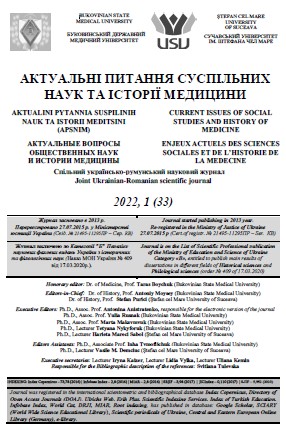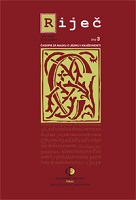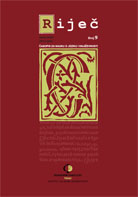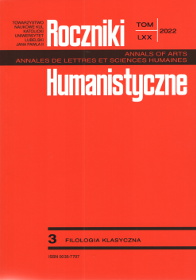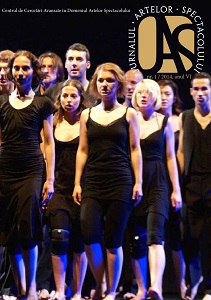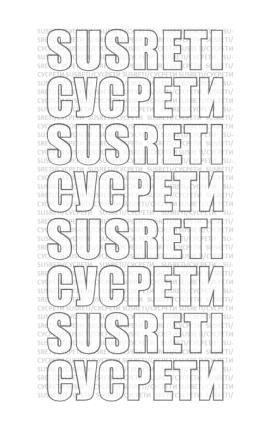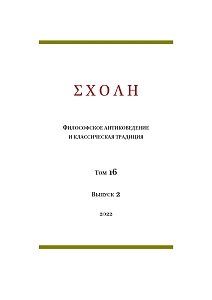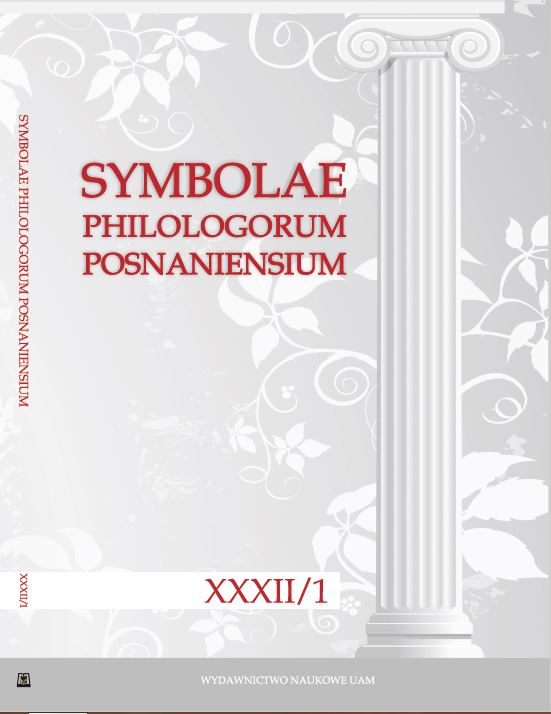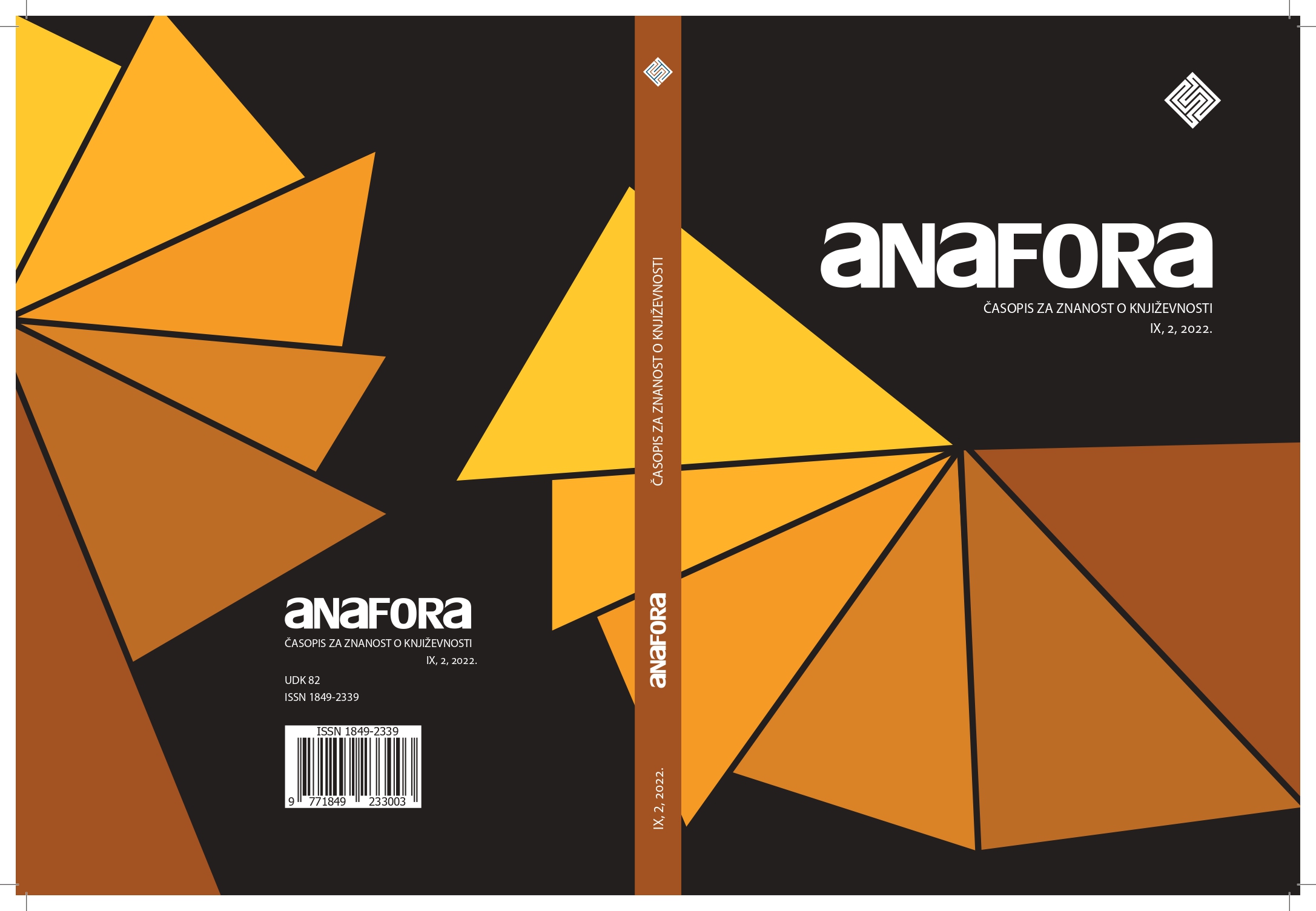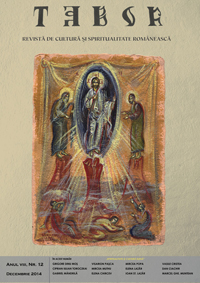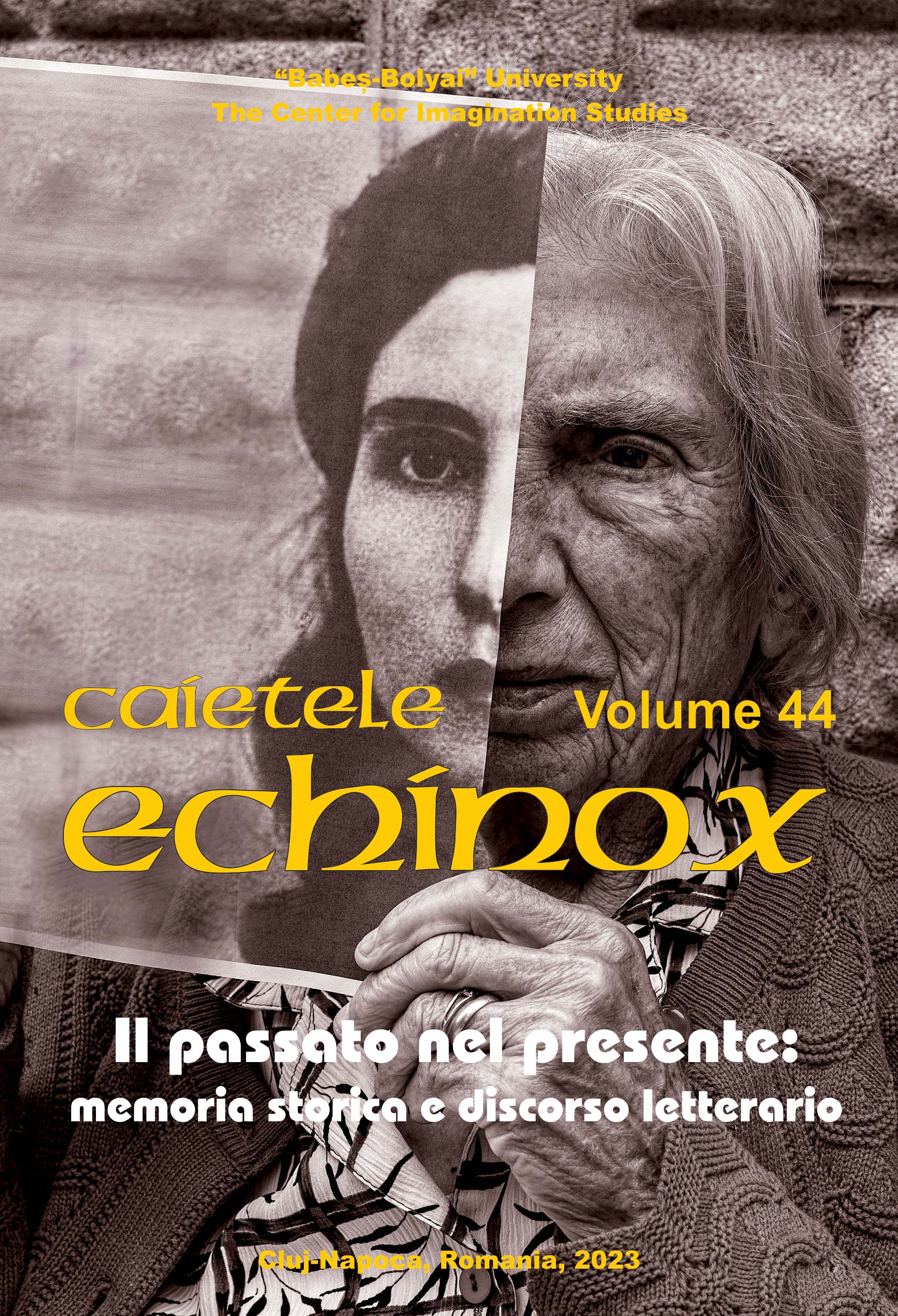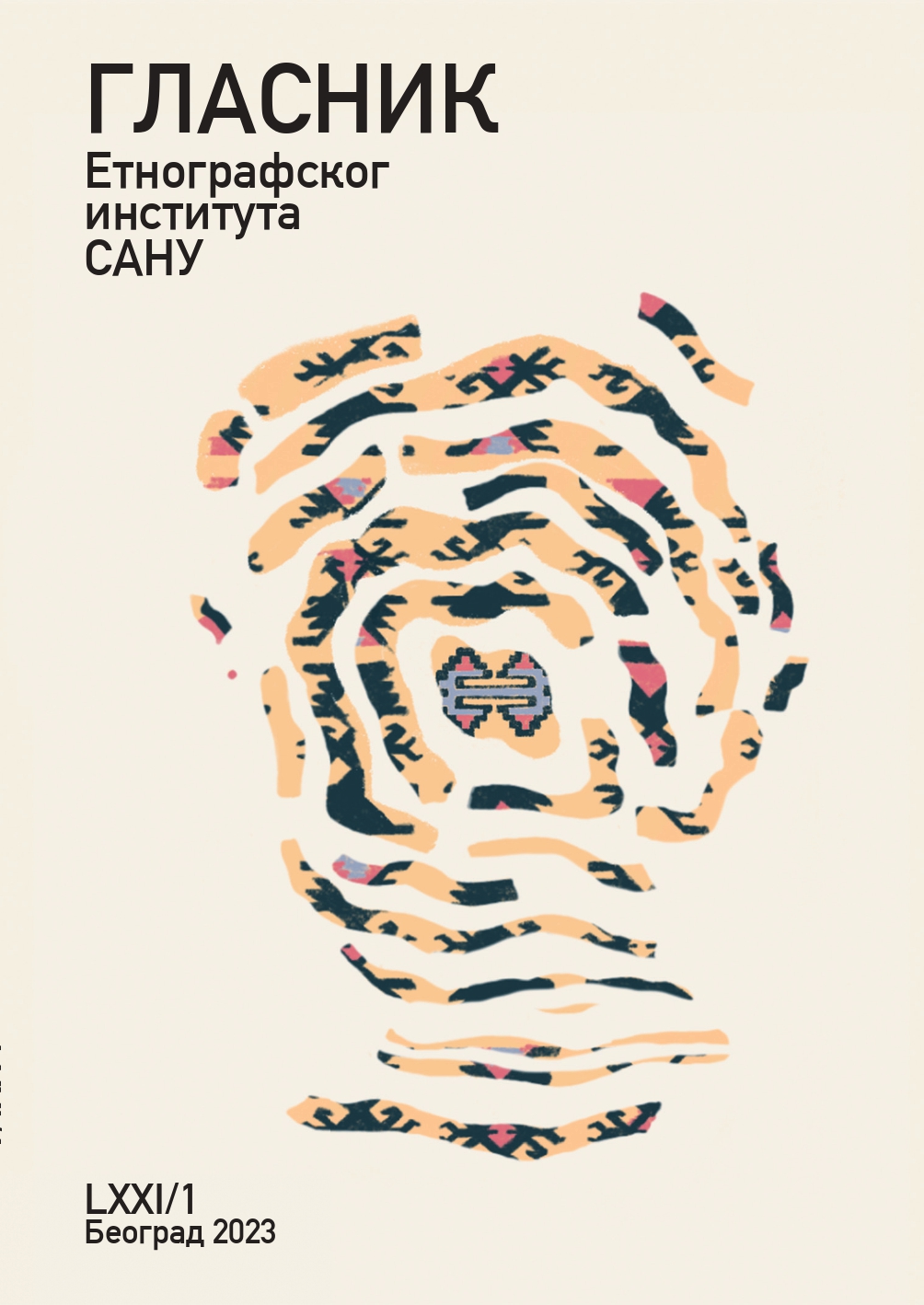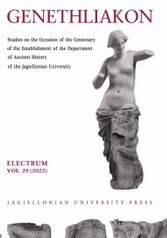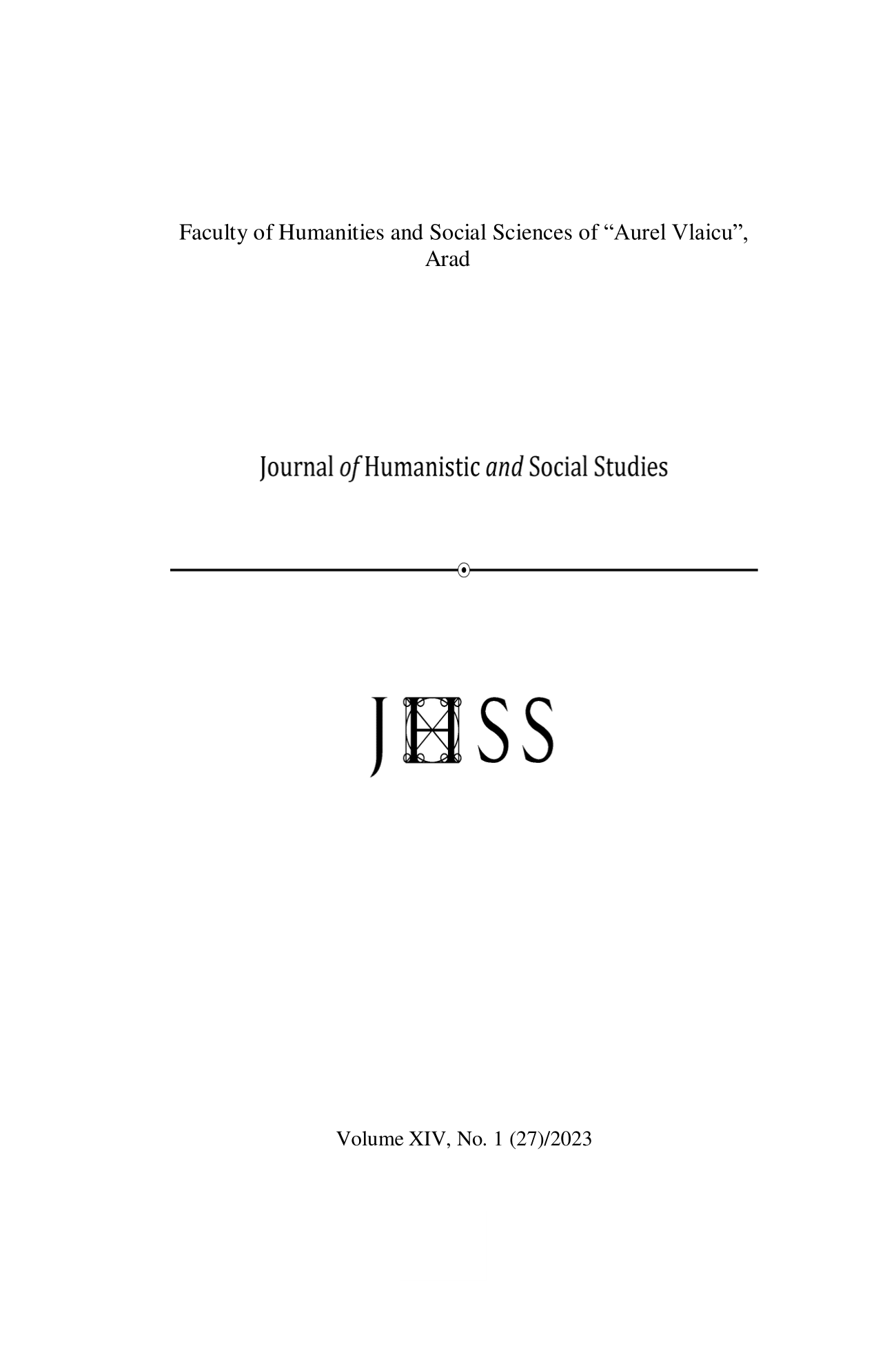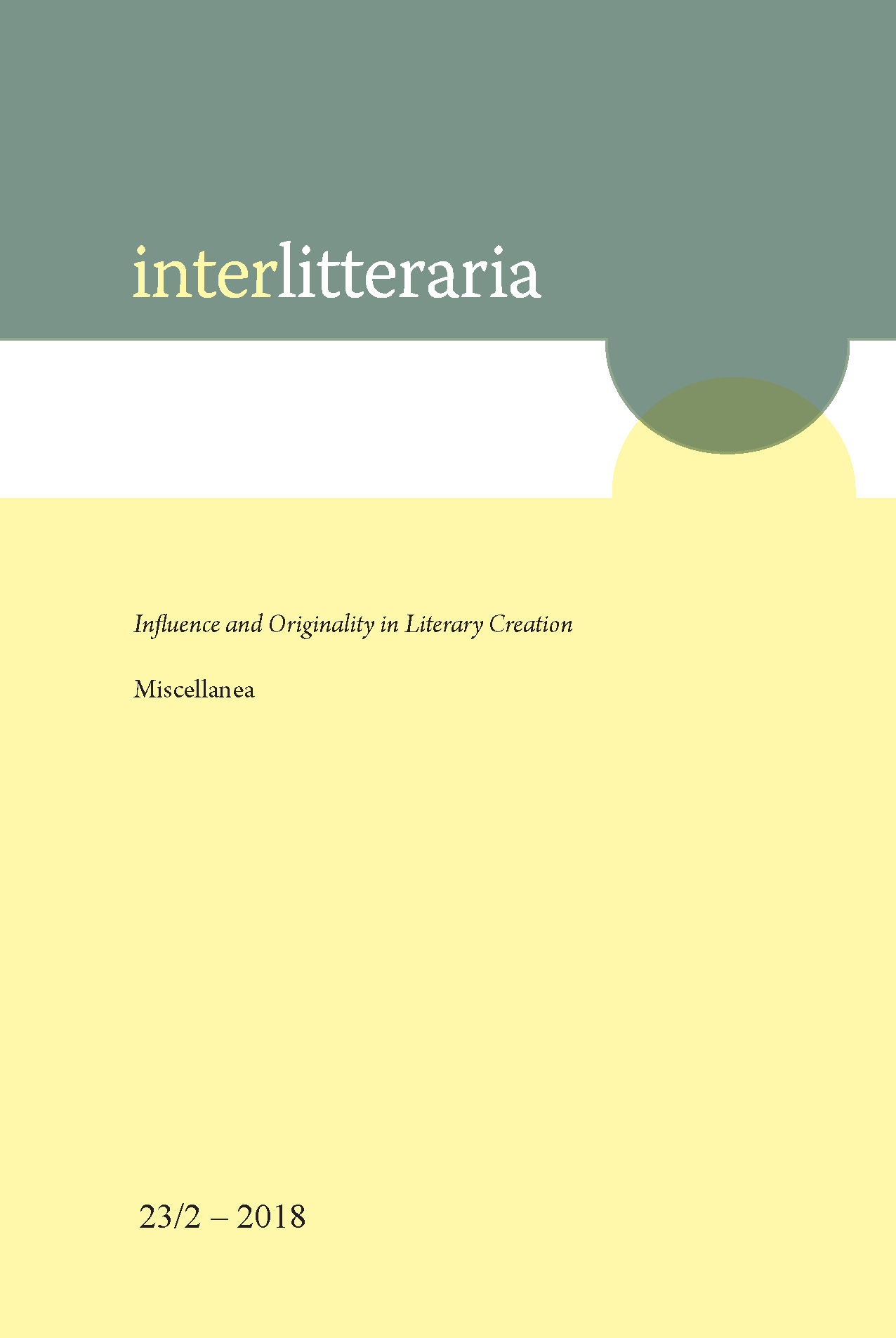
The Double-Tongued Author: Re-reading Sophocles, Thomas Hardy, and Eduard Vilde
The article discusses the authors’ ambivalent attitude towards their protagonists, drawing on Sophocles’ Oedipus the King, Thomas Hardy’s Tess of the d’Urbervilles, and Eduard Vilde’s Mäeküla piimamees (Milkman of the Manor). Firstly, the hypothesis based on Aristotle’s Poetics and the idea of Pericles having been a possible prototype of Oedipus is proposed, according to which Sophocles could have been critical of the tyrant of Thebes as a noble representative of a polis at war with Athens, justifying his pains in addition to showing compassion. Such an interpretation is in contrast with the humanist and protest-driven glorification initiated by Friedrich Nietzsche. Another example of the author’s “hypocrisy” is Thomas Hardy’s novel that is generally, and with reason, read as critical of Victorian society. However, the work’s reception has failed to address the motif of mystical revenge on the inheritor of the bloodline of foreign conquerors that occurs in the shadow of a woman’s tragedy and is executed with consistency, yet is not seen as the text’s rival dominant. Still, without considering the opposing line of interpretation that constitutes a parallel in its tragic irony, the understanding of the novel will remain superficial.
More...
